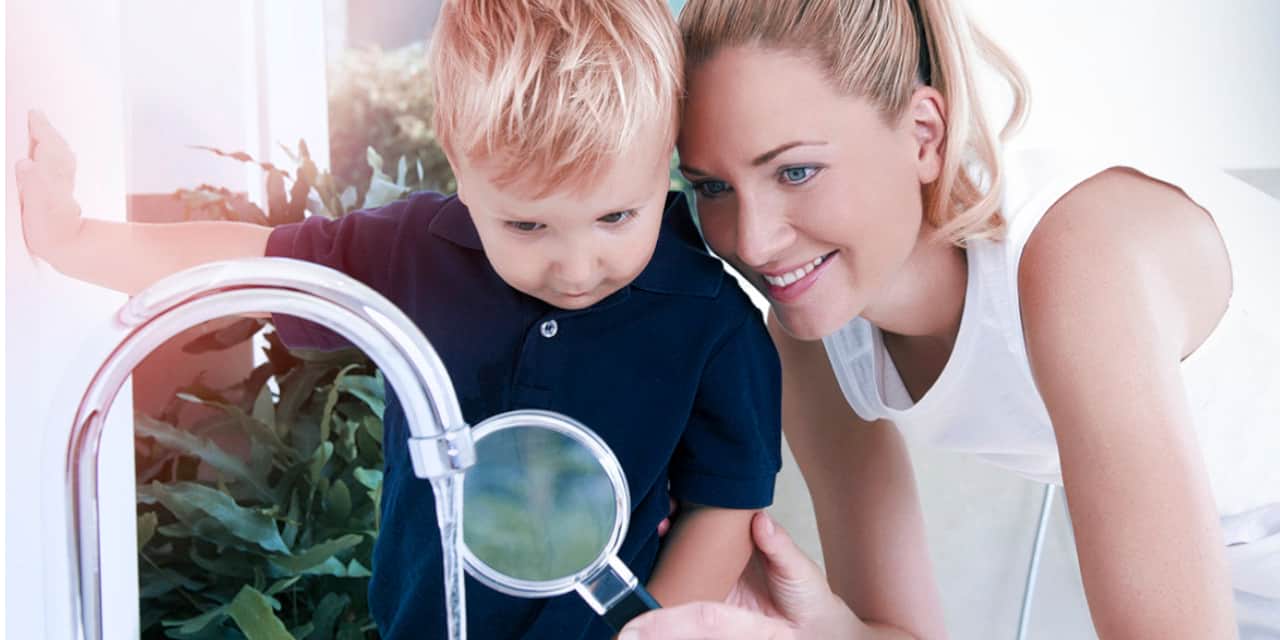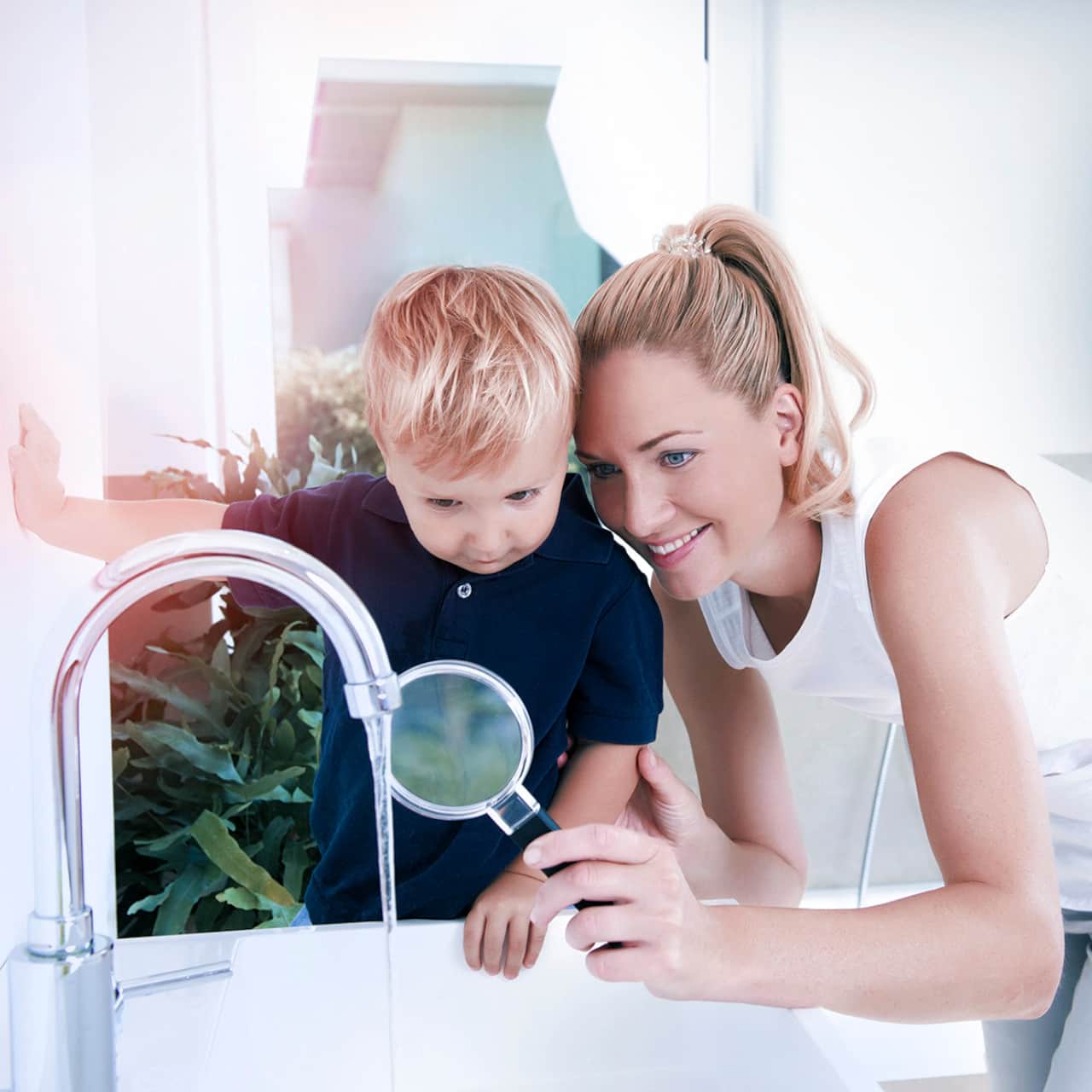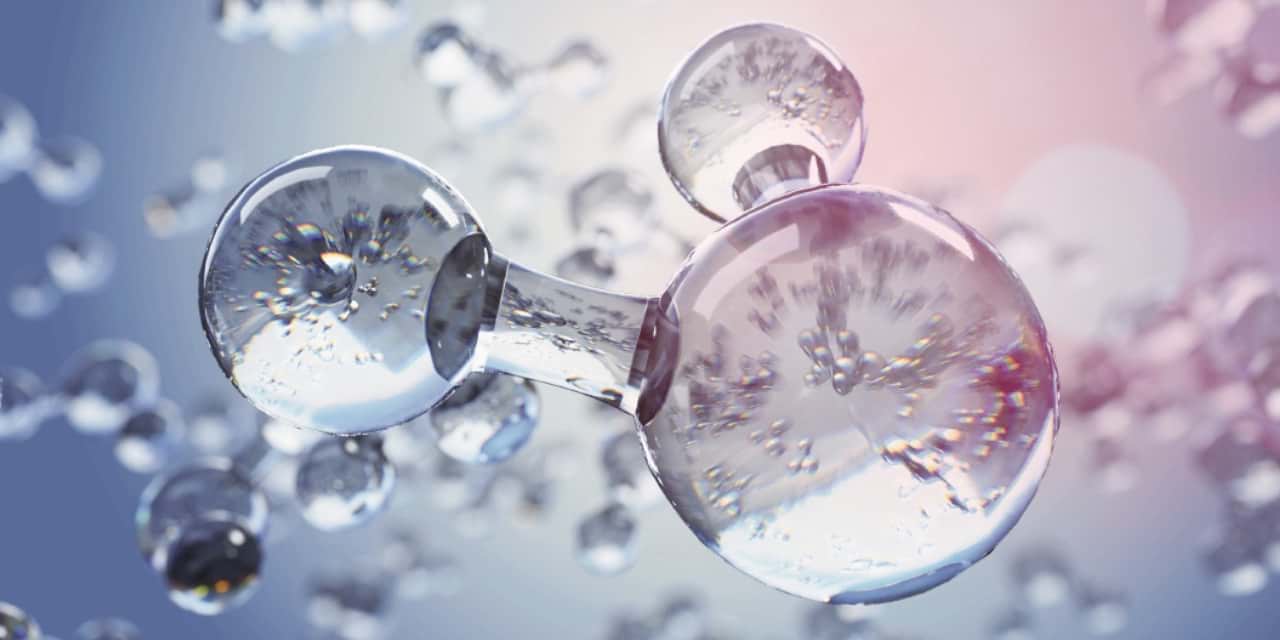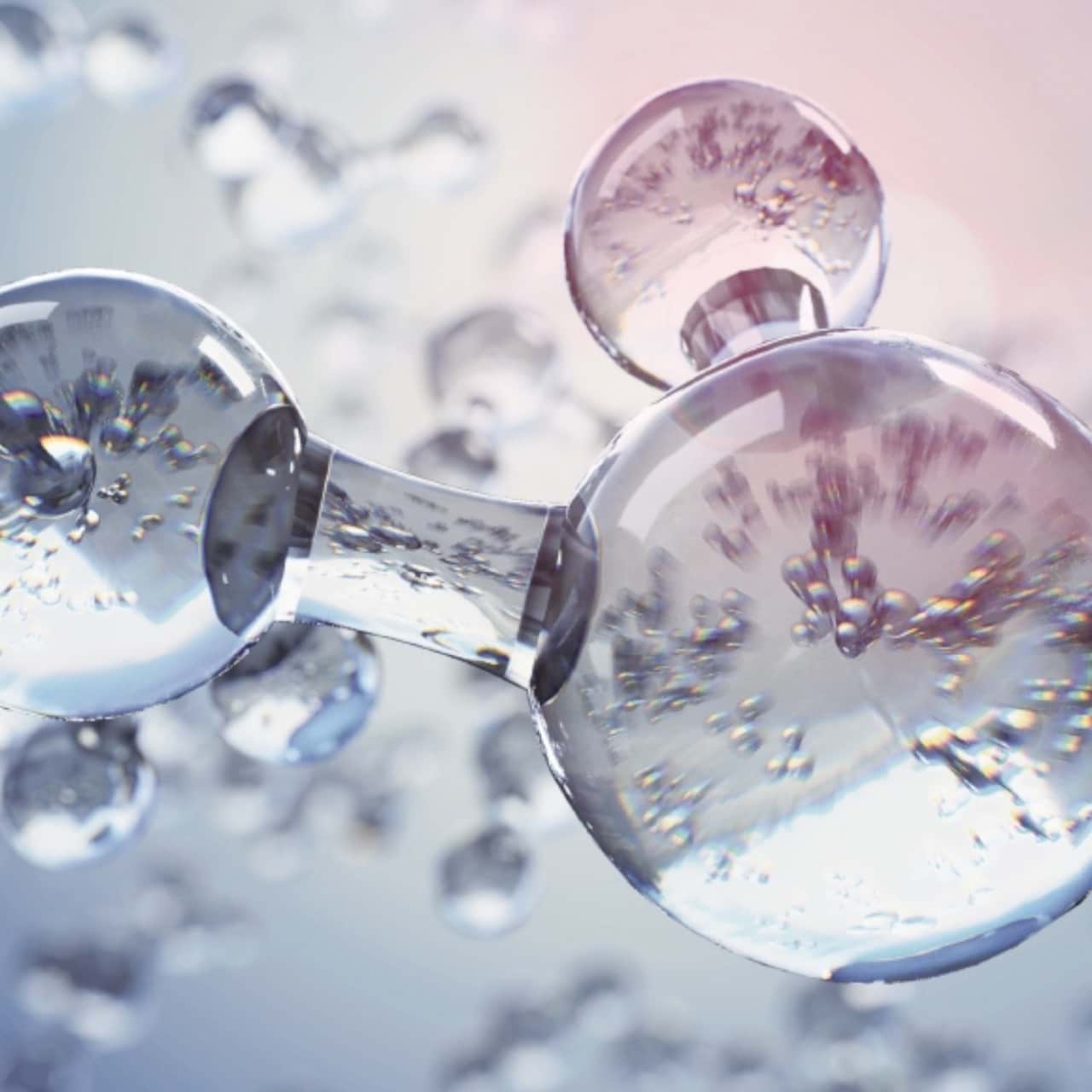Hard and Soft Water
The facts about hard and soft water
Most of the country lives with hard water and suffers from its effects daily, but there is still a surprising number of us who are not aware of the differences between hard and soft water and the impact they can have on our daily lives.
Hard water has a higher concentration of minerals such as calcium and magnesium than that of soft water.


Consumer research about hard water
One fifth of UK adults surveyed had no idea
if they lived in a hard water area or not
As experts in water, BWT conducted some consumer research to lift the lid on the realities of living with hard water and to bring you some need-to-know facts.
Firstly, if you live in Ipswich you’re the unlucky ones. Local water authority data shows the Suffolk town has harder water than any other in the UK. Hard water is measured by the quantities of calcium carbonate, a key mineral component of hard water and is stated in Parts Per Million (ppm) or as the same value in Milligrams per Litre mg/l.
- Ipswich has 423 milligrams per litre of calcium carbonate, 44 milligrams more than Colchester, the second highest hard water town
- The top five hard water towns include Luton (360 mg/l), Norwich (359 mg/l) and Watford (358 mg/l)
Our findings showed one third of Brits have experienced limescale damage to their home appliances and features, such as showers, washing machines, taps and pipes. Kettles come off worst with 80% of us having noticed the effect of water on this kitchen essential.
Interestingly, more than a quarter believe their mains water has had a detrimental impact on their skin, 28% thinks its effecting their hair and 14% thinks it is ageing their skin, making it look older.
These impacts are felt so strongly that a fifth of us buy products, such as creams and lotions, especially to counteract the effect of hard water on our skin and hair, which costs an average of £218.76 per year.
We use water a lot. In fact, in the UK we:
- will boil the kettle 82,095 times during the average adult lifetime, and use the washing machine 5,224 times
- have an average of 15,458 showers and 3,567 baths during our adult years
Tellingly, the research of 2,000 UK adults highlighted that one fifth have no idea if they live in a hard water area or not.
*Source: The research was conducted by OnePoll on behalf of BWT surveying 2,000 UK residents. Carried out online August 2017. Calcium Carbonate levels for postcode towns was gathered via local water authority websites 8th – 14th August 2017


Top 20 hard water areas in the UK
| Place: | Calcium carbonate levels ppm or mg/l: | |
| 1 | Ipswich | 423 |
| 2 | Colchester | 379 |
| 3 | Luton | 360 |
| 4 | Norwich | 359 |
| 5 | Watford | 358 |
| 6 | Stevenage | 355 |
| 7 | Swindon | 343 |
| 8 | Harrow | 335 |
| 9 | Hemel Hempstead | 333 |
| 10 | St Albans | 323 |
| 11 | Reading | 323 |
| 12 | Cambridge | 322 |
| 13 | Dartford | 315 |
| 14 | Hull | 313 |
| 15 | Bath | 312 |
| 16 | Bromley | 311 |
| 17 | Milton Keynes | 309 |
| 18 | Canterbury | 308 |
| 19 | Slough | 303 |
| 20 | Portsmouth | 296 |
10 Facts about Hard Water
10 Things You Didn’t Know About Hard Water
- Ipswich has the highest levels of calcium carbonate in its water
- More detergent and conditioner is needed to get your clothes clean and soft
- Household appliances will become damaged and less efficient as scale deposits build up from the water
- It can damage hair colour and cause dye to fade more quickly
- Soap scum can build up on your skin, blocking your pores and making moisturisers less effective
- Hard water may make your skin age faster and look older than it is; the minerals in hard water can strip moisture from your skin whilst preventing the natural oils in your body from doing their job
- Elements in hard water such as iron and calcium, can form free radicals that may damage healthy skin cells and cause a breakdown of collagen, leading to fine lines and wrinkles
- Even a 1.6mm coating of limescale on a heating element in the heating system can make it up to 12 per cent less effective
- More cleaners are needed to remove scale and water stains left behind by hard water. Over time these cleaners damage glass and chrome
- Hard water can make your shower less powerful as it clogs up the shower head with mineral deposits





